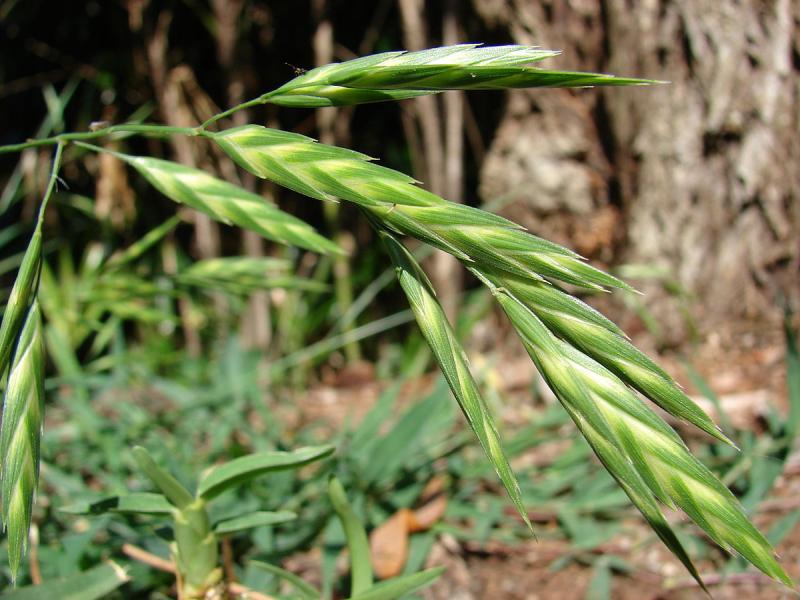
The legacy of the UK's research on weed management is being 'eroded' amid industry fears over the gradual loss of key reference sources.
Essential weed management information could be lost to the farming industry unless key sources of reference material are identified and archived, a new report states.
This was a key conclusion of the first ever major cross-sector review of weed management, commissioned by AHDB and the British Beet Research Organisation (BBRO).
According to the review, coordinated programmes of research and knowledge exchange (KE) across cropping sectors were deemed necessary to make the best use of depleted funds.
Drawing upon national and international information sources, the review covered cereals, oilseeds, horticulture, potatoes, sugar beet, legumes and grassland systems.
Joe Martin, AHDB senior crop protection scientist for weeds, said: “The UK has been at the forefront of weed research in the post-war era, laying the foundation for management, including the provision of essential data on weed biology.
“However, the legacy of this research is being eroded. Key reference sources, such as those published by Defra and its predecessor, MAFF, are gradually being lost,” he said.
The review team highlighted that information can become 'trapped' within high-science, peer-reviewed journals. As a result, it recommended that a mechanism be identified to get essential information out to farmers and growers faster.
Non-chemical control methods were also reviewed. Many showed promise and the authors recommended effort be placed on trialling such approaches in the UK.
However, the review states that the industry needs to be more unified and strategic to maximise the chance of such methods making an economic difference to farmers and growers.
Mr Martin said: “Chasing management of a specific weed with chemistry is a luxury in current times. The review suggests we should look at ‘broad-spectrum’ alternatives that tackle weeds across entire cropping systems.”
'Whole systems'
In addition to recommending that the industry be provided with up-to-date weed management information, the review also detailed how research investment needs to be directed over the short, medium and longer term.
Information on ‘whole-systems’ approaches is required, in particular. This includes investigating the role that cover crops, minimum cultivation systems, inter-row management and inter-cropping can play.
Investment in monitoring is also needed, according to the report, from basic research on how weeds spread to how herbicide-resistant populations can be identified and managed.
The fast-tracking of suitable technologies was also deemed essential. This covers the use of drones, weed maps and non-chemical control approaches. Genomic approaches, to disrupt weeds and to develop herbicide-tolerant crops, were also earmarked as avenues of exploration.
As chemistry will continue to play an essential role, it was also recommended that substances to support it be developed, such as adjuvants and soil stabilisers.
Improved targeting of herbicides was also cited as key, including the development of weed thresholds for patch spraying.
